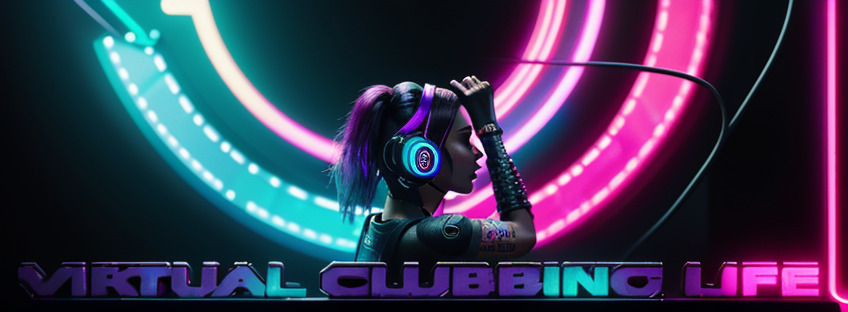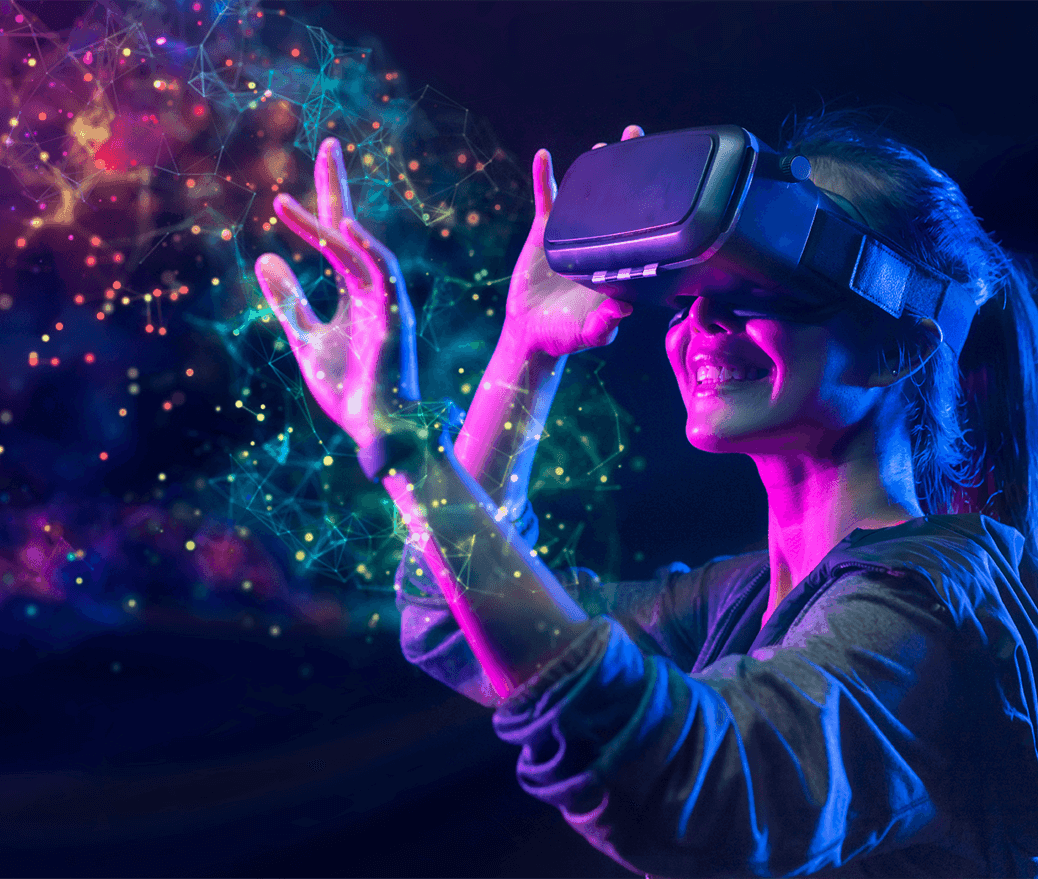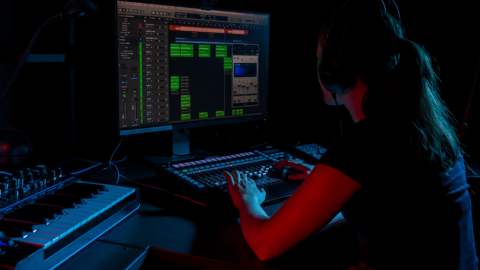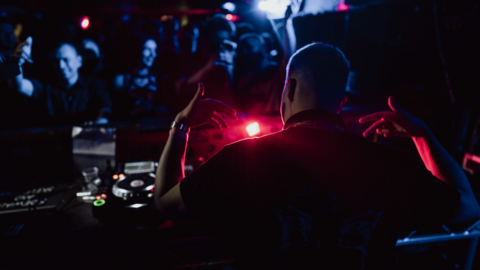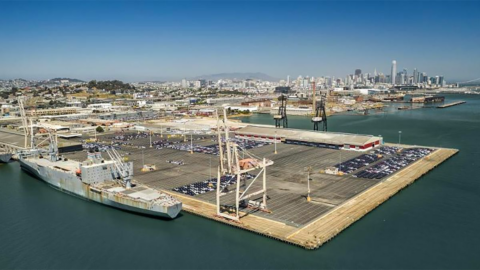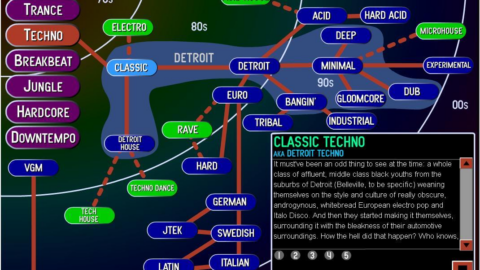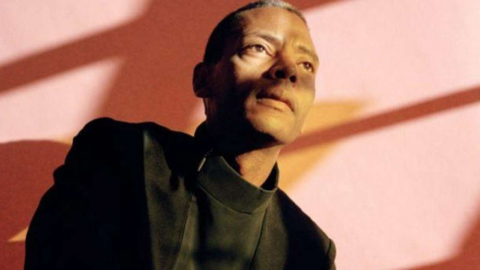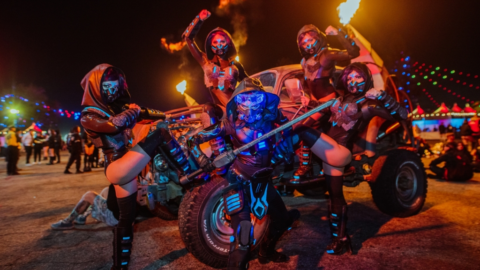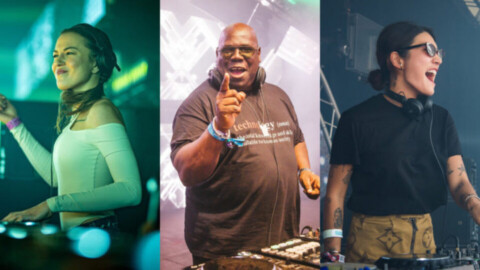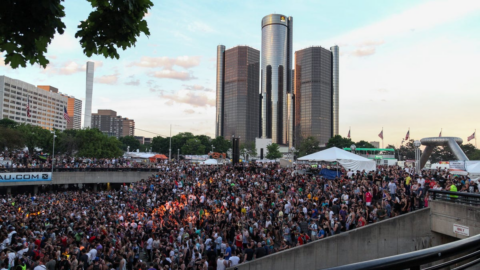As technology continues to advance at an unprecedented pace, the realms of music and virtual reality (VR) are converging in exciting and innovative ways. Electronic music, known for its strong ties to technology and digital production, is at the forefront of this evolution. This article explores how virtual reality is transforming the live experience of electronic music, the implications for artists and fans, and the future of performances in a virtual space.
The Rise of Virtual Reality in Entertainment
Virtual reality has emerged as a groundbreaking technology that offers immersive experiences, allowing users to engage with content in ways that were previously unimaginable. Initially popularized in gaming, VR has quickly found applications in various entertainment sectors, including film, art, and music. The unique ability of VR to create a sense of presence and interaction has made it particularly appealing for live music experiences.
Virtual Reality Concerts: A New Frontier for Live Music
The COVID-19 pandemic accelerated the adoption of virtual reality concerts, as artists sought alternative ways to connect with audiences amid lockdowns and restrictions on live events. Platforms like Wave, VRChat, and Rec Room began hosting virtual concerts, allowing fans to experience performances in fully realized 3D environments. These virtual concerts provided artists with a way to reach global audiences, breaking geographical barriers that typically limit live performances.
One notable example is The Weeknd’s virtual concert in 2021, which was broadcasted as an immersive experience within the popular video game Fortnite. This event attracted millions of viewers and demonstrated the potential of virtual platforms to host large-scale performances that rival traditional concerts.
Key Players in the VR Music Scene
Several companies and artists have emerged as pioneers in the VR music industry, each contributing to the evolution of virtual concerts. Notable entities include:
- Wave: This platform specializes in creating interactive live performances in virtual reality. Artists like Skrillex and T-Pain have participated in VR concerts hosted by Wave, allowing fans to experience their music in a fully immersive setting.
- Beat Saber: While primarily a rhythm game, Beat Saber has integrated music from various electronic artists, creating a unique crossover between gaming and music. The game’s popularity has led to the inclusion of tracks from well-known DJs, further blurring the lines between the two mediums.
- DJ Mag: The publication has actively reported on the rise of virtual events, including the annual DJ Mag Top 100 DJs poll, which has seen some artists host VR performances as part of their promotions and celebrations.
Enhancing Fan Engagement and Experience
Virtual reality concerts offer fans an unprecedented level of engagement. Attendees can interact with each other and the environment, creating a sense of community often missing from traditional live shows. Features such as customizable avatars, virtual merchandise, and interactive elements allow fans to personalize their experiences.
Additionally, VR concerts can be designed to include unique visuals and effects that enhance the musical experience. Artists can collaborate with visual designers to create stunning, otherworldly environments that respond to the music, providing a multisensory experience that transcends the limitations of physical venues.
Challenges and Considerations
Despite the potential of virtual reality in the electronic music scene, several challenges must be addressed. Technical limitations, such as the need for high-quality headsets and reliable internet connections, can hinder accessibility for some fans. Moreover, the novelty of virtual concerts may wear off if not continually innovated, leading to questions about long-term engagement.
There are also concerns regarding monetization and the sustainability of virtual events. Artists and platforms must explore effective business models to ensure that virtual concerts provide a viable revenue stream in addition to traditional live performances.
The Future of VR in Electronic Music
Looking ahead, the integration of virtual reality in electronic music is poised to expand further. As technology improves and more artists embrace VR, we can expect to see increasingly sophisticated and immersive experiences. Collaborations between musicians and VR developers will likely lead to new forms of artistic expression, redefining how we experience live music.
Moreover, the potential for hybrid events that combine in-person and virtual components could revolutionize the concert-going experience. Fans who cannot attend shows in person may have the opportunity to join virtually, creating a more inclusive environment for music lovers worldwide.
Conclusion
The evolution of virtual reality in electronic music is reshaping the landscape of live performances, offering fans immersive experiences that transcend geographical barriers. As artists and technology continue to converge, the potential for innovation within the VR music scene is limitless. While challenges remain, the future looks bright for virtual reality as a transformative force in the world of electronic music.
Tags: Virtual Reality
